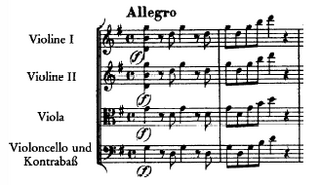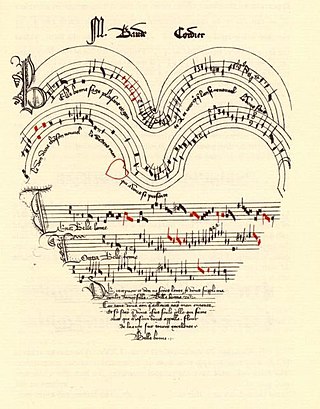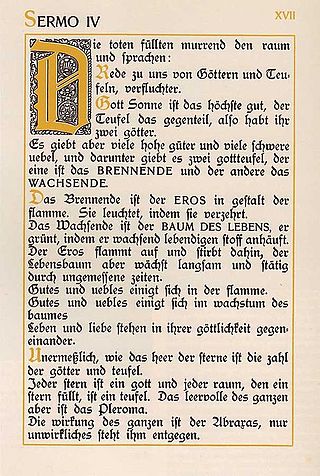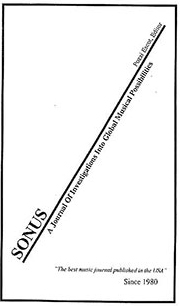
A fourth is a musical interval encompassing four staff positions in the music notation of Western culture, and a perfect fourth is the fourth spanning five semitones. For example, the ascending interval from C to the next F is a perfect fourth, because the note F is the fifth semitone above C, and there are four staff positions between C and F. Diminished and augmented fourths span the same number of staff positions, but consist of a different number of semitones.

Gioseffo Zarlino was an Italian music theorist and composer of the Renaissance. He made a large contribution to the theory of counterpoint as well as to musical tuning.

In music, a double stop is the technique of playing two notes simultaneously on a stringed instrument such as a violin, a viola, a cello, or a double bass. On instruments such as the Hardanger fiddle it is common and often employed. In performing a double stop, two separate strings are bowed or plucked simultaneously. Although the term itself suggests these strings are to be fingered (stopped), in practice one or both strings may be open.
Léonin was the first known significant composer of polyphonic organum. He was probably French, probably lived and worked in Paris at the Notre Dame Cathedral and was the earliest member of the Notre Dame school of polyphony and the ars antiqua style who is known by name. The name Léonin is derived from "Leoninus", which is the Latin diminutive of the name Leo; therefore it is likely that Léonin's given French name was Léo.

Baude Cordier was a French composer in the ars subtilior style of late medieval music. Virtually nothing is known of Cordier's life, aside from an inscription on one of his works which indicates he was born in Rheims and had a Master of Arts. Some scholars identify him with Baude Fresnel, a harpist and organist in the court of Philip the Bold, though other scholars have rejected this.
Founded in 1986, La Communauté électroacoustique canadienne / The Canadian Electroacoustic Community (CEC) is Canada's national electroacoustic / computer music / sonic arts organization and is dedicated to promoting this progressive art form in its broadest definition: from "pure" acousmatic and computer music to soundscape and sonic art to hardware hacking and beyond.

Sonu Nigam is an Indian playback singer, music director, dubbing artist and actor. He has been described in the media as one of the most popular and successful playback singers in Hindi and Kannada cinema. In 2022, he was honoured by the Government of India with the Padma Shri, the country's fourth-highest civilian honour for his contribution in the field of arts.

Seven Sermons to the Dead is a collection of seven mystical or "Gnostic" texts written and privately published by C. G. Jung in 1916, under the title Seven Sermons to the Dead, written by Basilides of Alexandria, the city where East and West meet.

Futurism was an early 20th-century art movement which encompassed painting, sculpture, poetry, theatre, music, architecture, cinema and gastronomy. Filippo Tommaso Marinetti initiated the movement with his Manifesto of Futurism, published in February 1909. Futurist music rejected tradition and introduced experimental sounds inspired by machinery, and influenced several 20th-century composers. According to Rodney Payton, "early in the movement, the term ‘Futurism’ was misused to loosely define any sort of avant-garde effort; in English, the term was used to label a composer whose music was considered ‘difficult.’"
Olga Pozzi-Escot Zapata is a Peruvian-born American composer, music theorist, and faculty member at the New England Conservatory in Boston, Massachusetts.

The Red Book: Liber Novus is a folio manuscript so named due to its original red leather binding. The work was crafted by the Swiss psychiatrist Carl Gustav Jung between 1914 and about 1930. It follows, records and comments in fair copy on the author's psychological observations and experiments on himself between 1913 and 1916, and draws on working drafts contained in a series of notebooks or journals, now known as the Black Books. Jung produced these beginning in 1913 and continued until 1917. Despite being considered as the origin of Jung's main oeuvre, it was probably never intended for conventional publication and the material was not published nor made otherwise accessible for study until 2009.

Elaine "Ray" Barkin was an American composer, writer, and educator.

Sonus Quartet is a Los Angeles-based string quartet whose members include Caroline Campbell, Kathleen Sloan, Neel Hammond (viola), and Vanessa Freebairn-Smith (cello). Freebairn-Smith and Hammond formed Sonus Quartet in 2003.

Gajendra Verma is an Indian singer, composer, lyricist and sound recordist. He came under the spotlight when he claimed that his song, titled "Emptiness", also known as "Tune Mere Jaana", which he had composed seven and a half years before, leaked on the internet with a fake sympathetic story of a dying IIT student named Rohan Rathore. The song was viewed over 40 million times on YouTube. His 2018 song, Tera Ghata, has over 450+ million YouTube views.

The Black Books are a collection of seven private journals recorded by Carl Gustav Jung principally between 1913 and 1932. They have been referred to as the "Black Books" due to the colour of the final five journal covers.
"Abhi Mujh Mein Kahin" is a song from the film Agneepath, sung by Sonu Nigam, with music by Ajay–Atul and lyrics by Amitabh Bhattacharya and was picturized on Hrithik Roshan and Priyanka Chopra. This song describes many feelings in a single line. It describes the short life of love too.
Anurag Saikia is an Indian film score composer, music director, music producer and instrumentalist from Assam, India. He is one of the youngest composers to be awarded Rajat Kamal for Best Non-Feature Film Music Direction for the film Yugadrashta.
Aaja Meri Jaan is a 1993 Hindi-language romantic thriller film, written by Pawan Sethi and directed by Ketan Anand. It stars Krishan Kumar, Tanya Singh, along with Shammi Kapoor, Pran, Prem Chopra, Deven Verma.
The 6th Mirchi Music Awards, presented by the Radio Mirchi, honoured the best of Hindi music from the year 2013. The ceremony was held on 27 February 2014 and was hosted by Sonu Nigam. There were many performances, including those by Sunidhi Chauhan, Arijit Singh, Ankit Tiwari and Mika Singh, who gave a tribute to R. D. Burman for his 75th birth anniversary. Aashiqui 2 won a leading eight awards including Album of the Year and Song of the Year for "Tum Hi Ho".












